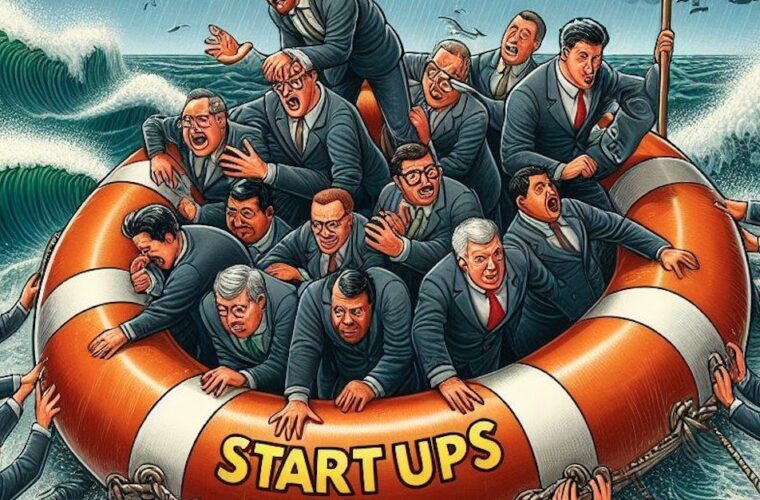Despite having a population of only 10 million, Sweden is already a global tech powerhouse. Last year, Stockholm displaced Berlin for the number three spot in the European rankings of tech hubs by market capitalisation. The Swedish capital sits behind only London and Paris, and it has more billion-dollar companies per capita than anywhere in the world, besides tech-Mecca itself, Silicon Valley.
So, what’s the secret driving Sweden’s success?
According to investors on the ground, there are multiple factors at play. One crucial thread is the momentum generated by Sweden’s biggest unicorns — start-ups that have achieved valuations of more than $1 billion. The likes of Klarna, the “buy-now, pay-later” fintech company, video-calling innovator Skype, and music streaming behemoth Spotify, have had an effect on the air.

With more capital, attention, and opportunities than ever before, Sweden’s tech scene has achieved something like exit velocity.
According to Atomico, Sweden’s cumulative investment per capita has been higher than anywhere in Europe for the past 5 years running, including Ireland and the UK. This has undoubtedly accelerated the country’s tech development.
While the Swedes have never had a shortage on confidence, now international investors are also demonstrating their faith.
“You do have more capital now for later-stage funding,” says Trustly’s CEO Oscar Berglund. “Not domestic Swedish funding, but international VC [venture capital] firms now all have Stockholm and Sweden on their radar screens.”

At the same time, there are cultural considerations which have positive effects for the country’s outcomes.
“Informal networks are one of the reasons for Sweden’s startup success. Resources flow through these networks and Sweden’s low power distance and flatter organisations, as well as its ‘lunching out’ culture, enable the building of networks and the sharing of resources,” says Professor Robin Teigland, from the Department of Marketing and Strategy at Stockholm School of Economics.
Excellent workers
Other pieces of the puzzle include the people and the perspectives that dominate Swedish society.
The country enjoys a well-educated, digitally savvy workforce and a culture that values excellence. Technical skills are in no short supply, with prestigious universities such as the Royal Institute of Technology and the Chalmers University of Technology in Gothenburg. The socialist-leaning government have also created attractive health and educational subsidies, which play a role in attracting additional foreign talent.
The Swedish populace are also early adopters of technology, a testament to this being the extremely high level of digital payments use: Sweden has become one of the most cashless nations in the world.

Not surprisingly, large proportions of emerging Swedish start-ups operate in the fintech space. According to the policy agency Tillväxtanalys, there are around 450 active companies in this sector.
Another ingredient might be the distinctively high levels of trust enjoyed between citizens.
According to an EU-funded study, Sweden comes second only to Denmark for ‘intrapreneurship’ – loosely defined as collaborative, innovative work within companies — a phenomenon that thrives where there are high levels of interpersonal trust.
“Employees are more likely to be innovative when they are trusted by their employers with a greater level of autonomy in their roles. Equally, employees are more likely to be collaborative when they trust their colleagues,” explains John McKenna, writing for World Economic Forum
Fertile territory
A crucial moment could have been the Swedish government’s decision to invest early in digital technology; through national subsidies in the 1990s, many families were empowered to buy their own household PCs. This, combined with continual investment in superfast broadband infrastructure, likely contributed to the nation’s exceptionally high level of digital and computer literacy today.
One final consideration is Sweden’s modest domestic market. As a result of its small scale, any self-respecting local start-ups think internationally from the beginning. For the purpose of market testing, however, they profit from the pool of receptive local customers. This allows start-ups to sort out teething issues prior to any international expansion.
Excellent national levels of English proficiency make any transition to foreign markets, in particular the United States, much more feasible. Swedish entrepreneurs cross the water with not only a reputation for business acumen, but the language skills needed to thrive abroad.
All of these factors together gear the Swedish economy towards tech ascendancy. With a couple of new unicorns already this year, the momentum looks set to continue.


